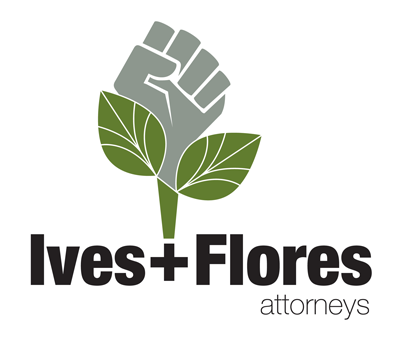Most people choose a career in law enforcement out of a desire to protect and serve others. They lay their lives on the line daily to ensure public safety.
Unfortunately, some law enforcement professionals use their positions to target specific population groups. By shedding light on these practices, we can promote awareness.
What is racial profiling?
Racial profiling occurs when law enforcement officials target individuals for suspicion of crime based on the person’s race, nationality, ethnicity or religion. This practice can happen at traffic stops, while a person is walking down the street, through searches, raids and the use of force.
One of the most telling signs is a disproportionate number of stops, without reasonable suspicion, involving certain racial or ethnic groups. Furthermore, questions asked during a stop can also indicate racial profiling, such as questioning immigration status or nationality. These inquiries are irrelevant to suspected criminal activity.
Under the Fourth Amendment, individuals are protected from unreasonable searches and seizures. Law enforcement agencies must have a warrant to enact a search of someone’s premises or person. There are some exceptions when a warrant isn’t required, such as:
- The individual gives their consent for the search.
- Police officers who have legally entered a residence or place to conduct an arrest can sweep and search places where an individual could be hiding and pose a danger to law enforcement.
- A stop-and-frisk is where police can do a pat-down of someone they have lawfully stopped if they believe the individual may be carrying a weapon.
- During a pursuit.
- Evidentiary items are in plain view.
However, situations such as a stop and frisk are significant indicators of racial profiling if there is no concrete reason for the search. Another sign of racial profiling is the use of excessive force against certain races or ethnicities.
Racial profiling is a violation of human rights that can undermine people’s confidence in law enforcement, exacerbate racial tensions and contribute to racial disparities in the criminal justice system.
